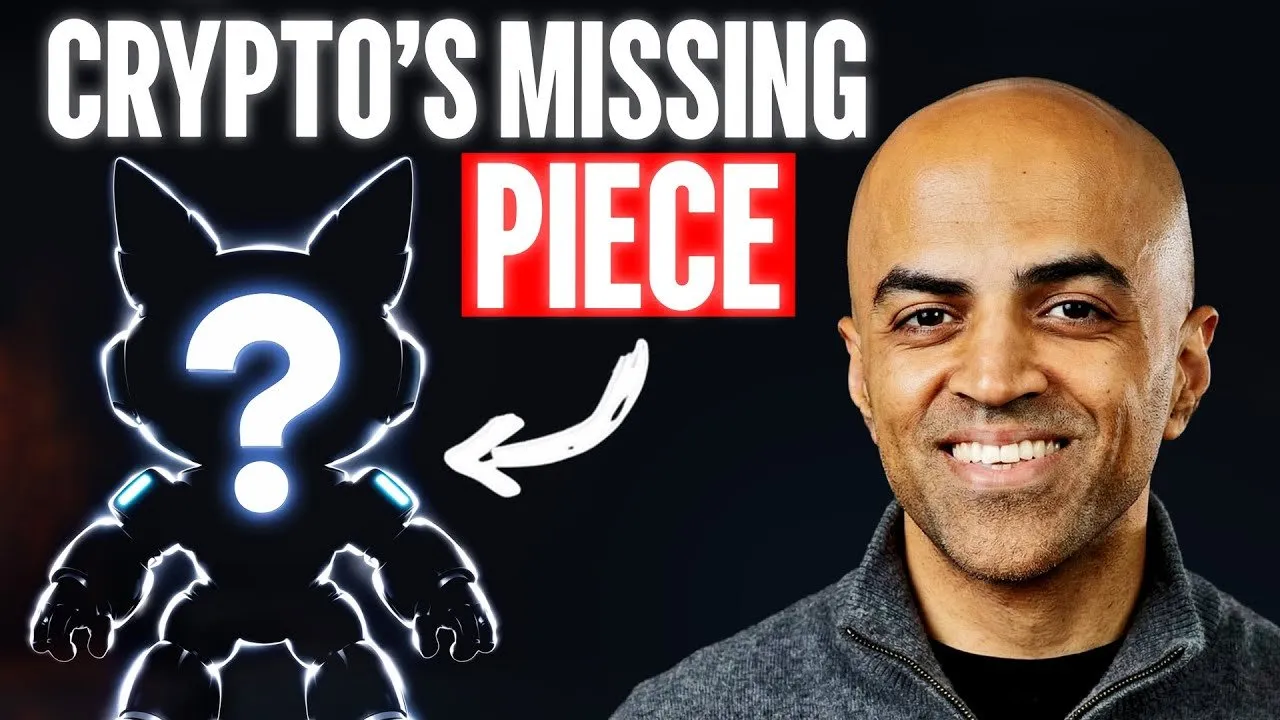Table of Contents
A seismic shift in German politics reveals how unchecked migration has become the defining issue reshaping democracies across the West.
Key Takeaways
- Germany's right-wing AfD party achieved its strongest showing since WWII with nearly 21% of votes
- Immigration, not economics or war, drove voter behavior in Sunday's historic election with 83% turnout
- Western democracies face a fundamental choice between controlled borders and rising populist movements
- Anti-Semitic incidents in healthcare settings expose dangerous consequences of failed integration policies
- The collapse of center-left immigration consensus has created space for radical political alternatives
- Australia's multicultural model faces unprecedented strain as Jewish citizens consider leaving the country
- Trump's Ukraine strategy reflects American voters' rejection of endless foreign intervention
- Traditional two-state solution advocates are abandoning their positions after witnessing Gaza celebration spectacles
The German Election Earthquake That Changed Everything
Sunday's German federal election delivered results that reverberated far beyond Berlin's political corridors. The Christian Democrats, led by Friedrich Merz, secured victory as expected, but the real story emerged from the second-place finish of the Alternative for Germany (AfD) party. Their nearly 21% vote share represents the strongest far-right performance in Germany since World War II, achieved with an extraordinary 83% voter turnout—the highest since the Cold War ended.
This wasn't about economic anxiety or geopolitical concerns. Immigration drove these results with ruthless clarity. Over the past decade, Germany absorbed a net migration of 5 million people, including more than 1 million arrivals from Syria and Afghanistan alone. The social tension surrounding this unprecedented demographic shift reached a breaking point just days before the election when an Afghan migrant allegedly rammed a car through crowds in Munich, injuring 39 people including several children.
- The timing proved politically devastating when a Syrian migrant became the lead suspect in a stabbing outside the Holocaust Museum, with police revealing the suspect "admitted to attacking the victim out of hatred for Jews"
- Young voters abandoned traditional parties in droves, supporting both the far-right AfD and far-left alternatives in equal measure
- Germany's economic model collapsed simultaneously, entering its third consecutive year of recession after shutting down nuclear plants and losing cheap Russian gas
- The convergence of mass migration with economic contraction created what experts describe as "a recipe for disaster" for democratic stability
- AfD leader Alice Weidel's personal profile—gay, married to a woman of Sri Lankan descent—challenges conventional assumptions about far-right movements
- The party's strong pro-Israel stance contradicts historical Nazi associations, suggesting a fundamental evolution in European populist politics
Political observers note this represents more than electoral protest. Michael Sandel's observation that "populists rush in where liberals fear to tread" captures how mainstream parties abandoned immigration concerns to avoid political incorrectness, creating a vacuum that radical alternatives eagerly filled.
Immigration Models Across Western Democracies Face Critical Tests
The German crisis illuminates vastly different approaches to immigration across Western nations, each producing distinct outcomes that shape political responses. Australia operates what many consider the world's most successful high-skilled immigration system, with 40% of residents either foreign-born or having foreign-born parents. Yet even this model shows strain under volume pressures, with Adelaide-sized population increases since COVID overwhelming infrastructure and housing markets.
Europe's approach proved fundamentally different and more problematic. Unlike controlled systems elsewhere, European nations accepted massive refugee flows without qualification screening or integration planning. The contrast with American immigration reveals why different societies produce different political reactions to demographic change.
- European welfare states enabled immigrant enclaves by providing comprehensive support without requiring economic contribution or cultural adaptation
- Sharia law enforcement incidents emerged in German towns, creating parallel legal systems that undermine democratic institutions
- America forces faster adaptation through limited welfare access, preventing the ghetto formation common in European cities
- Muslim immigrants in American neighborhoods show visible generational assimilation, with families displaying varied religious practice levels
- The absence of comprehensive European integration programs allowed cultural separation that breeds political backlash
- High-skilled immigration policies prove essential for maintaining public support and successful outcomes
The Australian experience demonstrates that immigration volume and integration capacity must align carefully. Recent population surges equivalent to adding entire cities strain even well-designed systems, producing housing shortages and infrastructure pressures that fuel political discontent despite overall program success.
Healthcare Anti-Semitism Exposes Integration Failures
Australia confronted its own integration crisis when two Sydney hospital nurses went viral after threatening to kill Israeli patients on camera. The incident shattered assumptions about Australia's harmonious multicultural society and revealed how anti-Semitic sentiment can penetrate critical public services. Rashad Nadia, one of the nurses, bragged about allegedly killing Israeli patients previously, while his colleague enthusiastically agreed they would refuse treatment to Jewish patients.
The response from Australian Muslim organizations proved equally disturbing. Fifty Muslim groups co-signed a statement claiming the nurses had been "humiliated enough" and that anti-Semitism was being "weaponized to demonize the Muslim community." This collective defense of openly genocidal threats from healthcare workers exposed the depths of the problem facing Western societies.
- Health officials appeared genuinely shocked, with the health secretary reduced to tears during press conferences about nurses threatening to kill patients
- The incident occurred while the nurses wore official New South Wales Health uniforms, representing government-funded public healthcare
- Jewish Australians began making emigration plans for the first time, with families discussing exit strategies if conditions deteriorate further
- Daily car bombings targeted Jewish neighborhoods throughout January, creating an atmosphere of systematic terrorism
- Police intercepted explosives intended for synagogue attacks, while daycare centers serving Jewish children faced firebombing attempts
- Political leadership vacuum enabled the crisis, with the Labor government afraid to alienate Muslim voters in marginal Western Sydney seats
The nurses' casual attitude toward genocide suggests this wasn't isolated thinking but reflected broader community acceptance of anti-Jewish violence. Their willingness to make these statements on camera while in uniform indicates they expected community support rather than consequences.
Ukraine War Reveals American Isolationist Shift
Trump's approach to the Ukraine conflict reflects a fundamental realignment in American foreign policy preferences, with working-class voters across party lines rejecting continued involvement in distant wars. The president's controversial statements about the conflict's origins sparked fierce debate, but they align closely with public sentiment favoring negotiated settlement over prolonged military support.
The diplomatic strategy appears designed to create power imbalances that force both sides toward negotiations. Rather than the liberal approach of empowering weaker parties to create "equal" negotiating positions, Trump advocates leveraging existing power dynamics to incentivize compromise. This real estate magnate's perspective treats international diplomacy like business deals requiring clear advantages for all parties.
- American voters explicitly rejected continued Ukraine funding during the election, viewing it as misplaced priorities given domestic needs
- Trump's anger at Zelensky over rare mineral deals reflects broader frustration with Ukrainian demands despite massive American assistance
- The strategy involves signaling to Putin that NATO expansion concerns will be addressed while pressuring Ukraine to accept territorial losses
- Biden's approach of gradual escalation without decisive victory conditions frustrated both Ukrainian success and American withdrawal
- French and British troop deployment risks triggering Article Five obligations that could drag America into wider European war
- Million casualties demonstrate the human cost of prolonged conflict that American voters want ended regardless of territorial outcomes
Critics argue this abandons Ukrainian sovereignty and rewards Russian aggression, but supporters contend that realistic diplomacy requires acknowledging military realities rather than pursuing idealistic goals that prolong suffering.
Middle East Conflict Transforms Western Jewish Perspectives
The recent hostage release spectacle in Gaza marked a watershed moment for many Western Jews who previously supported two-state solutions. Hamas orchestrated a parade-like atmosphere with music and cheering crowds celebrating the coffins of murdered hostages, including a four-year-old and nine-month-old baby. The group also forced remaining hostages to watch the entire spectacle before releasing propaganda videos.
This display of civilizational barbarism shattered long-held beliefs about peace possibilities among many who had spent decades advocating for Palestinian statehood. The systematic nature of the celebration, involving thousands of participants cheering for dead children, suggested cultural acceptance of genocidal violence that makes negotiated coexistence impossible.
- Educational materials in Gaza teach mathematics using problems about killing Zionists, demonstrating systematic indoctrination from early childhood
- The parade included locking coffins while crowds cheered, with music playing during the procession of murdered children's remains
- Forced spectatorship by living hostages represented additional psychological torture designed for maximum cruelty
- Previous faith in two-state solutions collapsed among longtime advocates who witnessed the celebratory response to infanticide
- Iranian proxy networks across multiple countries coordinate anti-Jewish terrorism, from car bombings to hospital threats
- The response revealed hatred of Israel as core identity rather than political grievance that could be addressed through compromise
Many observers noted that such moral depravity becomes its own punishment, isolating societies that celebrate child murder from civilized global community participation.
Political Realignment Reshapes Western Democracy
The convergence of immigration crises, economic pressures, and cultural conflicts has produced a fundamental realignment across Western democracies. Traditional center-left parties face extinction as working-class voters abandon them for populist alternatives that address concerns about national identity and border control. This shift extends far beyond Germany to encompass Brexit, Trump's victory, and rising nationalism throughout Europe.
The movement represents more than protest voting. It reflects genuine philosophical disagreement about citizenship, sovereignty, and cultural preservation in an era of mass migration. Voters increasingly reject the postwar internationalist order that prioritized global mobility over local community obligations.
- Working-class Americans explicitly chose nationalism over internationalism, viewing global engagement as betraying domestic interests
- European voters similarly abandoned parties that ignored immigration concerns while pursuing abstract multiculturalism
- The pattern spans continents, from Argentina's Javier Milei to Italy's Giorgia Meloni to El Salvador's Nayib Bukele
- Pro-Israel positions among new nationalist movements distinguish them from historical fascist precedents
- Economic nationalism combines with cultural preservation instincts to create powerful political coalitions
- Center-left parties must address border control seriously or face continued electoral annihilation across multiple democratic systems
This realignment forces fundamental questions about democratic governance in diverse societies. The failure to manage immigration successfully has empowered political forces that may prove difficult to control once in power.
Trump's success demonstrates that American voters want policies reflecting their priorities rather than elite preferences about international engagement. The president's rapid implementation of promised changes, from Pentagon cuts to immigration enforcement, shows what winning looks like when politicians actually serve constituent demands rather than lecturing them about proper attitudes.





